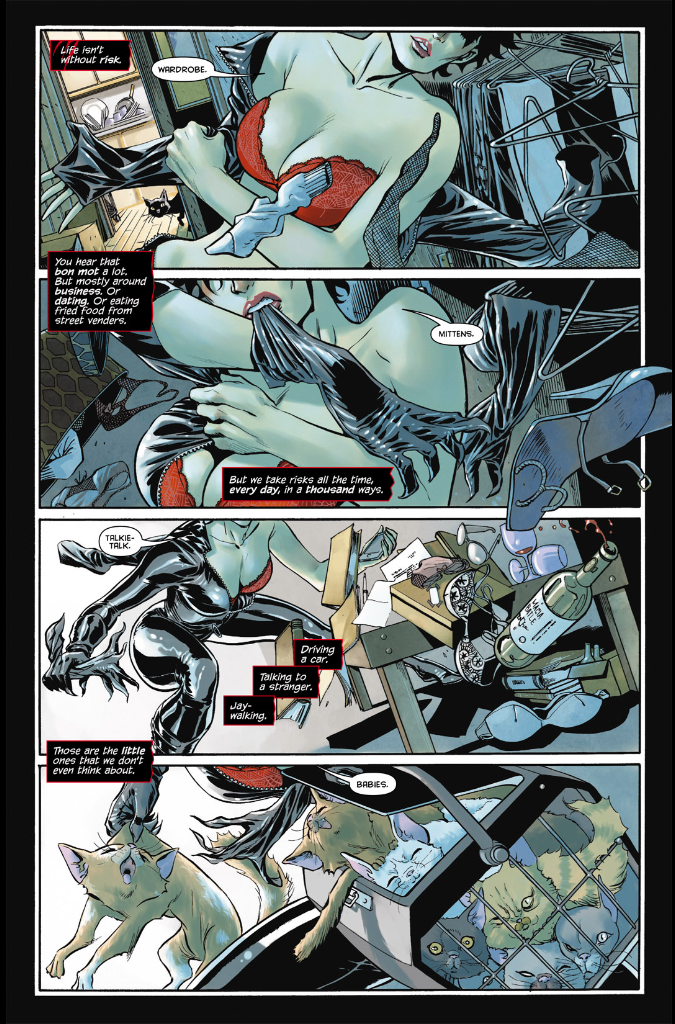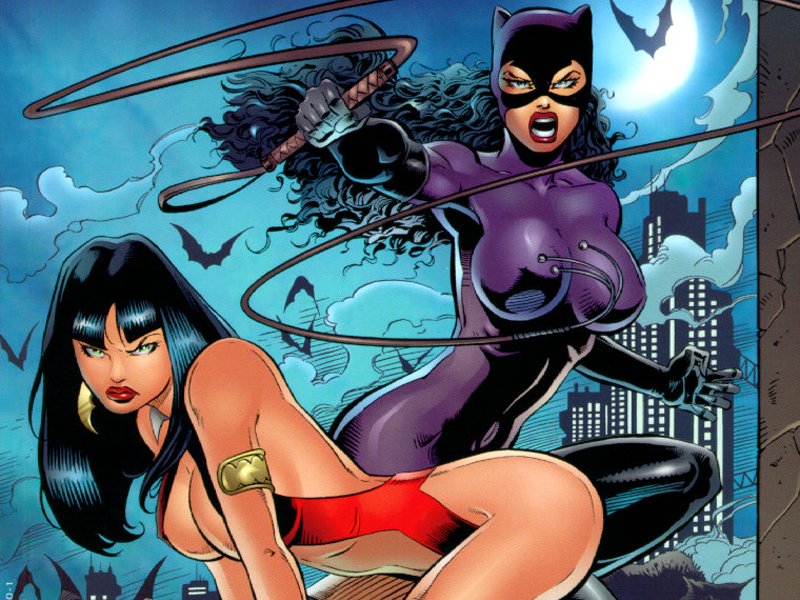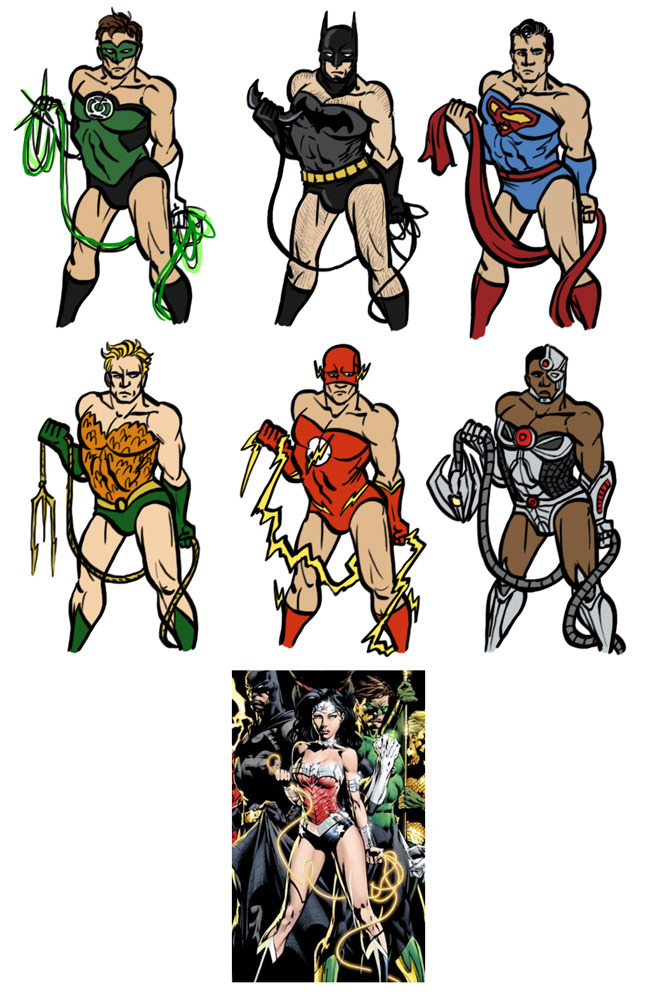The Overton window is a poly sci concept establishing the range of policy discussions and ideas within a framework of public reactions, that is, what the public will accept. With the appropriate manipulation of the window, a person or (more frequently) a party can shift the course of acceptable public debate to any extreme it desires. It simply has to stand someplace much further than it intends or expects to wind up; start negotiations from the furthest extreme possible. This is how, by arguing for making the Bush tax cuts permanent and even expanding on them, Republicans got the cuts to stick around for a few more years, despite public opposition. It's how, by moving away from a healthcare proposal they themselves advocated just twenty years ago, they could poison the debate--and the resulting law--so much that it amounts to a giveaway to the insurance industries that were part of the problem and now might be ruled unconstitutional. And it's why former Republican presidential candidate Jon Hunstman recently said that this party wouldn't nominate Ronald Reagan today. They've Overton'd their past selves out of the conversation, or at least into socialist territory.
And the news media, the ostensible moderators, play along. Afraid of either protests by perspective-deficient right-wingers or, worse still, loss of access, they bow to the new political correctness, reporting the He Said-He Said. When the Senate minority leader can say on camera that his party's top priority is denying the president a second term and the media continued to treat him as a legitimate balance to his opposite number in the Senate--treating his differences with the Democratic majority and president as a matter of ideological difference rather than an insane, destructive vendetta--why do they still have jobs?
This is the best recent analysis I've seen on the matter. In it, Thomas Mann--from Brookings--and Norman Orenstein--from the American Enterprise Institute--lay out how the Republican Party, in its post-Reagan crusade for ideological purity, has moved so far to the right that cooperation in Washington is truly impossible:
Mann and Orenstein also tip their hat to last year's must-read resignation of a longtime GOP operative, who noted that this extremism is, in many ways, part of the game; Starve the Beast taken to its logical conclusion. The fact that we can even use that word--game--is a pretty good indication of where the current Republican madness has taken us. It's part of that Republican thing: it's all a game to be won or lost. It doesn't matter that there are millions of government employees--including military personnel--who rely on elected officials to make the best, most practical decisions they can; that the things people do and say in Washington have real consequences here and around the globe; that there might be something to be gained from sitting down like adults and hashing out the possible terms of compromise and accord. No. Because the concept of responsible governance cannot be comprehended, let alone countenanced, when the concept of government itself is anathema. So they act in ways that would mortify any person with a modicum of shame in order to draw down the prestige of government and in turn damage the legitimacy of that government (Joe McCarthy's circus was shut down by Joseph Welch's famous "Have you no sense of decency" line--do you think that same question, applied today to Rep. Allan West's claims of communists among House Democrats, would be met by anything other than taunts of "cry-baby?"). Where ideas are absent, tactics take center stage.The GOP has become an insurgent outlier in American politics. It is ideologically extreme; scornful of compromise; unmoved by conventional understanding of facts, evidence and science; and dismissive of the legitimacy of its political opposition.When one party moves this far from the mainstream, it makes it nearly impossible for the political system to deal constructively with the country’s challenges.“Both sides do it” or “There is plenty of blame to go around” are the traditional refuges for an American news media intent on proving its lack of bias, while political scientists prefer generality and neutrality when discussing partisan polarization. Many self-styled bipartisan groups, in their search for common ground, propose solutions that move both sides to the center, a strategy that is simply untenable when one side is so far out of reach.
Of course, the Democrats are not saints (unless your church really sucks). At best, they're marginally more deserving of due credit and fair consideration than are the Republicans. In a very sick way, refusing to bend to culture wars and on-point messaging in order to maintain some semblance of a soul is what dooms them. Their unwillingness to call out GOP bullshit makes Democrats look weak, leaving them in no position to actually counter the bilious state of affairs that the Republicans revel in. What is it they say about not being a part of the solution? You'd think they might learn something from the fact that the only prominent one of them to call the GOP out is now president, but: Democrats.
The Republicans count on the fact that there are two ways to respond to their antics: constant accommodation (we'll call this the Reid method) and consistent umbrage, ensuring that the offended parties lower themselves to the level of the mob (the Pelosi method). One insures that the ever-hungry trolls will remain ever-fed and growing ever-fatter. The other lowers the tone of the public discourse so dramatically that no one engaging in it can be a legitimate candidate to overcome it. Either way, Republicans win their petty little game. And when either or both partners in a marriage are being this lousy, it's extremely tempting for the kids to throw up their hands and give up on the whole sham. Indeed, a common, agitated reaction to this state of affairs is to say "blow it up and start over." I understand that position and occasionally share it, but there are two problems:
1. It would effectively prove that we are no longer worthy of the Constitution's framers' experiment.
2. Start over from where? Have you seen our elections? Imagine how fraught a constitutional convention would be. How much more shrill Fox News would become. What we might end up with. With actual shit to fight over, the Overton window would shatter. And then there'd be no reason for anyone to hold back. Except that Democrats still would because: Democrats. And Republicans wouldn't because they'd finally have what they seem to really want: a second civil war.







